Dropping the Atomic Bomb—A Small Price to Pay for Peace?
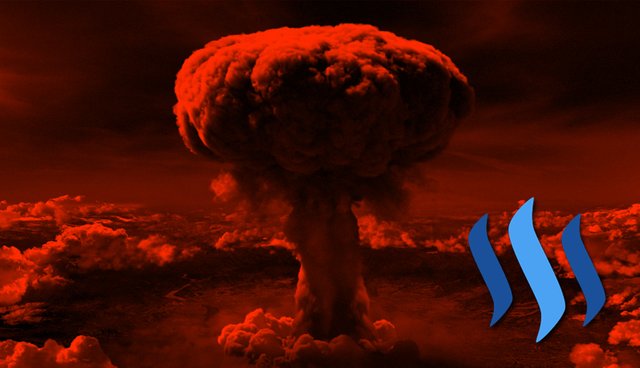
On August 6, 1945, the United States dropped an atomic bomb on the city of Hiroshima, Japan, resulting in about 135,000 - 150,000 civilian casualties. On August 9, a second bomb was dropped on Nagasaki, this time the casualties were about 50,000 - 75,000. Some say these estimates are overly conservative [1].
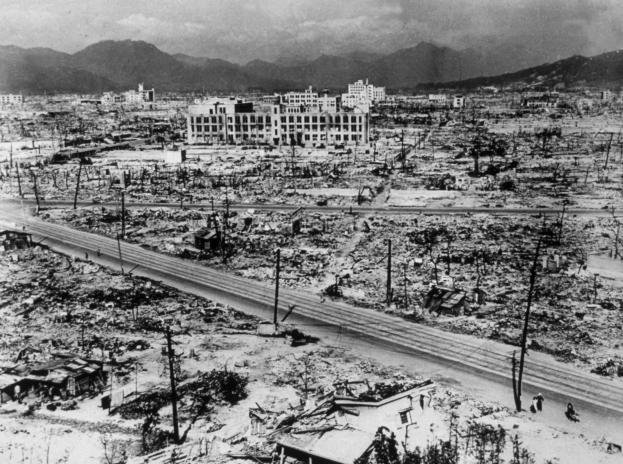
Even the conservative estimates are nothing to scoff at. A combined total of 225,000 people were killed by such a simple action. Many were vapourized instantly. Some were crushed in their homes and workplaces. Their skeletons could be found in debris for almost 1,500 meters out from the blast-center [1].
A large number who didn't die immediately walked long distances before eventually succumbing to their injuries and collapsing. Others developed vomiting and watery diarrhea and passed away within two weeks of the detonation [1]. An additional 100,000 people perished from burns and radiation sickness in the months and years following the attack [4].
In the decades that followed, many survivors of the bombing died of leukemia. Incidence of other cancers were also seen to increase by as early as 1955 [2].
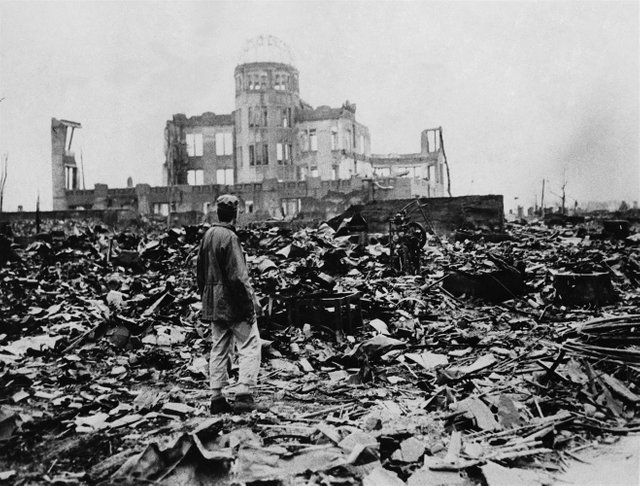
The debate over whether or not this action was good, or even necessary has raged on for decades.
I thought it was important to set the stage with the details before getting into the particulars of the debate. Accuse me of "emotional manipulation" if you want to, but I think it's important to consider the human cost, and all the grisly details that go along with it. These weren't just numbers, these were real people who really died
Arguments FOR
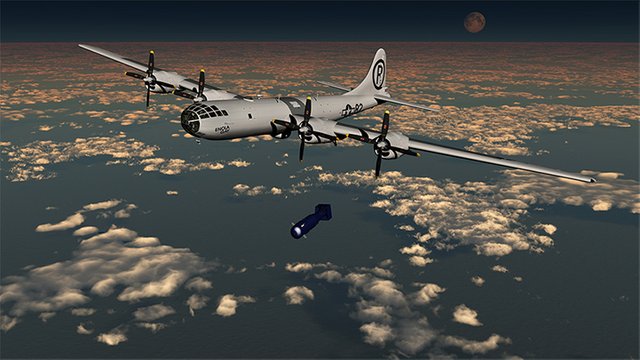
In terms of lives lost, World War II was the single most costly conflict in history. The United States needed to take action to limit the overall casualties of the war. They used the atomic bombs to bring the conflict to a swift end [3]. A land invasion (like at Normandy) could have cost a million casualties. President Truman firmly believed that using the bombs would save a greater number of US lives than prolonging the war [4]. The death toll was large, but it was worth it to prevent an American invasion and a prolonged war [3].
The immediate devastation prompted the Japanese surrender just six days after the Nagasaki bombing. The bombs were essential in bringing the war to a speedy conclusion [5].
Furthermore, by using these weapons against Japan, the US was able to demonstrate the power of the atomic bomb. This was necessary to keep the USSR in line. It may not have prevented the Cold War, but it kept an uneasy peace between the two nations. If not for this demonstration of power, nuclear annihilation in a war with the USSR would have been far more likely [3].
Arguments AGAINST
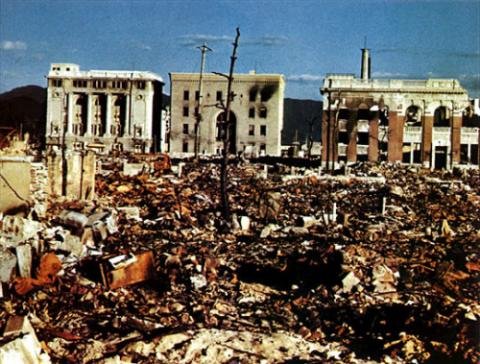
The bombs were not necessary to end the war. Japan was already on the brink of surrender. In order to illustrate that the bombs were not needed to reduce the probability of a US invasion, secretary of war, Henry Lewis Stimson said, "Japan had no allies; its navy was almost destroyed; its islands were under a naval blockade, its cities were undergoing concentrated air attacks" [3].
Japan was broken and essentially defeated. Admiral Tocshitane Takata conceded that the US B-29 attacks “were the greatest single factor in forcing Japan's surrender” [3].
The US blockage and barrage, combined with the Soviet invasion of Manchuria on August 8, 1945 would have been enough to ensure surrender [5]. The US government knew that the bombs weren't needed in their fight against Japan, but they wanted to send a clear message to the Soviet Union to tread lightly [4].
My Two Cents
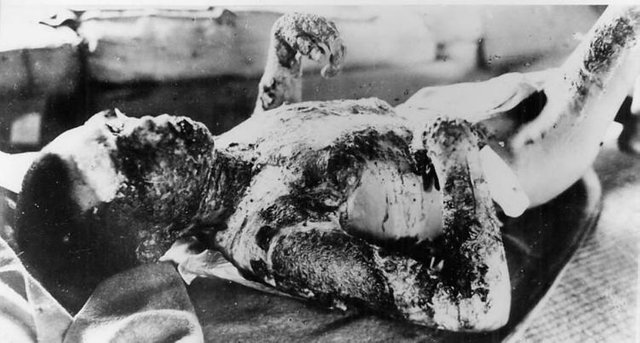
I saw this quote in an article:
The large civilian death toll that resulted from the bombings can be seen as a small price to pay by the United States in return for their assertion of dominance on the world stage [3].
If you can read that sentence without feeling your stomach sink in abject horror... then you're... actually, I don't even know what to say about the kind of person you must be. Sadly, I think the sentiment in that quote is shared by many Americans.
America is Number 1! Sometimes sacrifices must be made to keep the number 1 spot. This mindset is at the root of so many of the "pro-bomb" arguments. American lives are more important than Japanese lives. Killing hundreds of thousands of Japanese civilians is worth it if we can save some US troops.
So much of the debate is focused on whether or not the bombs were beneficial to the United States. Because of this, most of the arguments largely miss the real issue. Debaters spend all their time in cost-benefit analysis mode. They discuss the pros and cons of various military tactics. They place all of their focus into this question: "Did the bomb serve a useful purpose?"
Here's the answer, the stupidly simple answer:
It doesn't matter.
It doesn't fucking matter if the bomb saved lives.
It doesn't matter if the bomb ended the war.
It wouldn't matter if dropping the bomb cured cancer.
It's never okay to murder hundreds of thousands of people. Never.
I cannot fucking believe this even needs to be said.
I apologize if my language and zeal offends, but the actions taken by the US military offend me much more deeply. I am angered and completely dumbfounded by what happened and by the fact that this debate even needs to be had. How can anyone defend the wholesale slaughter of thousands of innocents?
I'd like to leave the ardent patriots with one final message:
Don't you dare talk to me about the evils of terrorism and then go on to defend this massacre.
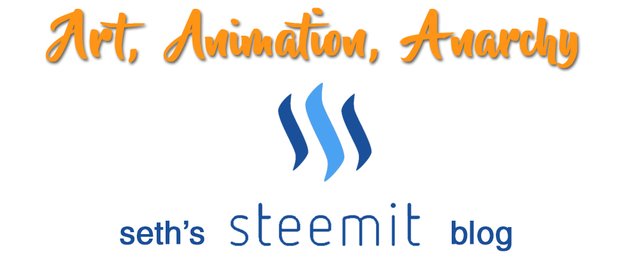
SOURCES:
IMAGE SOURCES:
- Banner Photo (edited and re-uploaded by me)
- Black and White Destruction Photo
- Lone Man in Rubble
- Dropping the Bomb (edited and re-uploaded by me)
- Colour Destruction Photo
- Burn Victim
Hello @sethlinson,
Congratulations! Your post has been chosen by the communities of SteemTrail as one of our top picks today.
Also, as a selection for being a top pick today, you have been awarded a TRAIL token for your participation on our innovative platform...STEEM.
Please visit SteemTrail to get instructions on how to claim your TRAIL token today.
If you wish to not receive comments from SteemTrail, please reply with "Stop" to opt out.
Happy TRAIL!
there is ZERO excuse for what was done to the innocent people of Hiroshima and Nagasaki.
Agreed!
: " To kill another huge number of people—men, women, and children, prisoners of war, foreigners, and other innocent persons in the city—was a war crime, plain and simple. That many Americans continue, even today, to defend this senseless and flagrantly brutal act is shameful." - Robert Higgs
http://blog.independent.org/2008/08/09/august-9-1945-a-date-that-will-live-in-infamy/
That's a good quote. Like I said in my post, I cannot believe we need to have this debate. I cannot believe anyone would defend the slaughter of so many innocent people!
= brainwashing lol
True. They've been taught all their lives to worship their government and praise the victorious actions of the US military in WWII.
America is one of the biggest terrorists in the world if not the biggest.
Greetings, @sethlinson! Nice details.
.
My outrage isn't that people died, as if it's something that just happened to occur. My outrage is that people were deliberately murdered. The outcome doesn't matter. That action is morally wrong.
Unless your morality is based on the idea that "the ends justify the means." If you believe that, you can justify child rape if it somehow yields good results.
The assertion that the Japanese started the war is A. Morally irrelevant. B. Debatable.
.
Sorry for the delayed response. Busy day yesterday...
First of all, were those really the president's only two options? Could he not have tried harder to negotiate peace? Could he not have let go of American pride for one minute and conceded defeat?
This absolutely is an ends justify the means argument, because in most circumstances you would say it's wrong to kill hundreds of thousands of civilians. You're only saying it was right in this case because it was a necessary action (means) to achieve a specific results (ends).
It is morally irrelevant who started the war. Context doesn't turn morality on its head and make it morally permissable to murder.
And yes, some argue that the US started the war by placing trade restrictions on Japan. That is an act of aggression. True, Japan fired the first shot, but the conflict had begun many years before that. But again, it's morally irrelevant to the matter at hand.
.